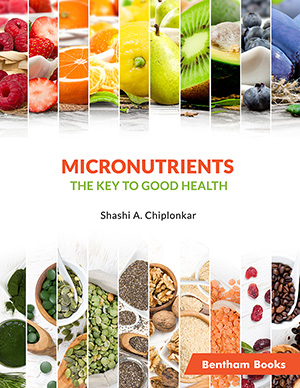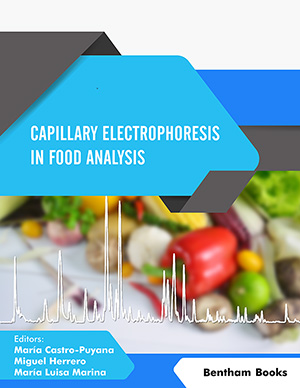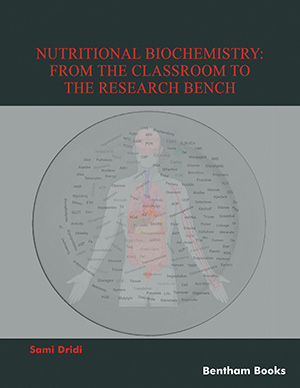Abstract
Aims: The aim of this study is to determine the potential adverse effects associated with the prolonged administration of Zingiber roseum rhizome extract.
Background: This study aimed to evaluate the sub-chronic toxicity of Z. roseum, commonly known as rosy ginger, using a mouse model. Z. roseum has been traditionally used for its medicinal properties; however, there is limited information regarding its potential toxic effects.
Objective: The objective of this study is to assess the safety profile of ZRR extract at various doses and conduct a detailed analysis of hematological, biochemical, and histological parameters regarding sub-chronic toxicity.
Methods: Mice were orally administered ZRR methanolic extract at doses of 300, 600, and 1200 mg/kg for 14 days as per the guidelines of ‘The Brazilian Agency of National Health Surveillance.’ Subchronic toxicity was conducted by monitoring multiple indicators, including changes in body weight, food and water consumption, blood profile (HB, RBC, WBC, and PLT), and biochemical markers (ALT, AST, ALP, TP, ALB, TC, TG, HDL, LDL, Creatinine, and Urea) and histopathological examination of the liver.
Results: Throughout the study, the mice showed normal behavior and appeared healthy. The administration of Z. roseum at all tested doses did not significantly affect body weight, food, and water intake, blood, biochemical markers, or liver. Z. roseum at these doses was safe, with no fatalities or harm.
Conclusion: Lastly, the sub-chronic administration of Z. roseum at doses of 300, 600, and 1200 mg/kg in a mice model did not elicit any toxic effects, indicating its potential safety as a therapeutic agent.
Keywords: Zingiber roseum, sub-chronic toxicity, biochemical, histopathology, hematology, therapeutic agent.






















